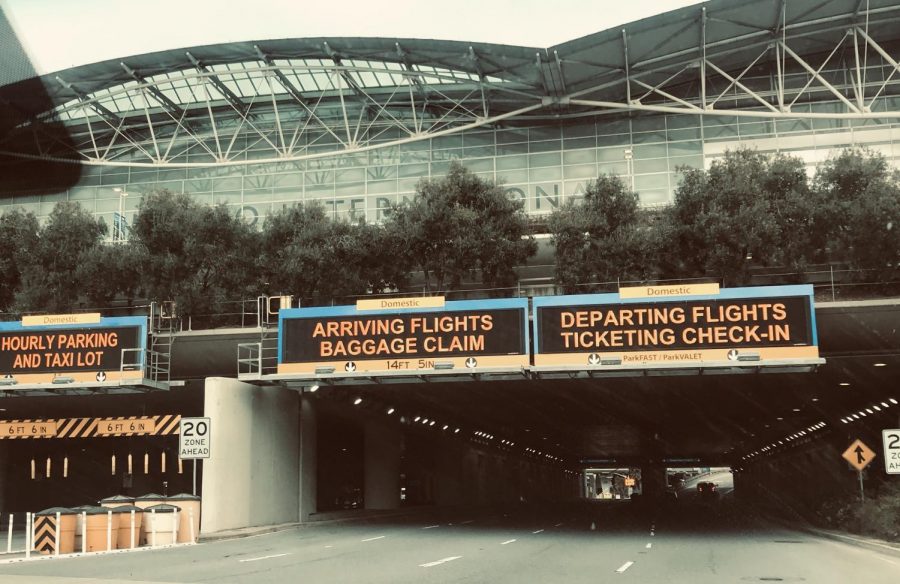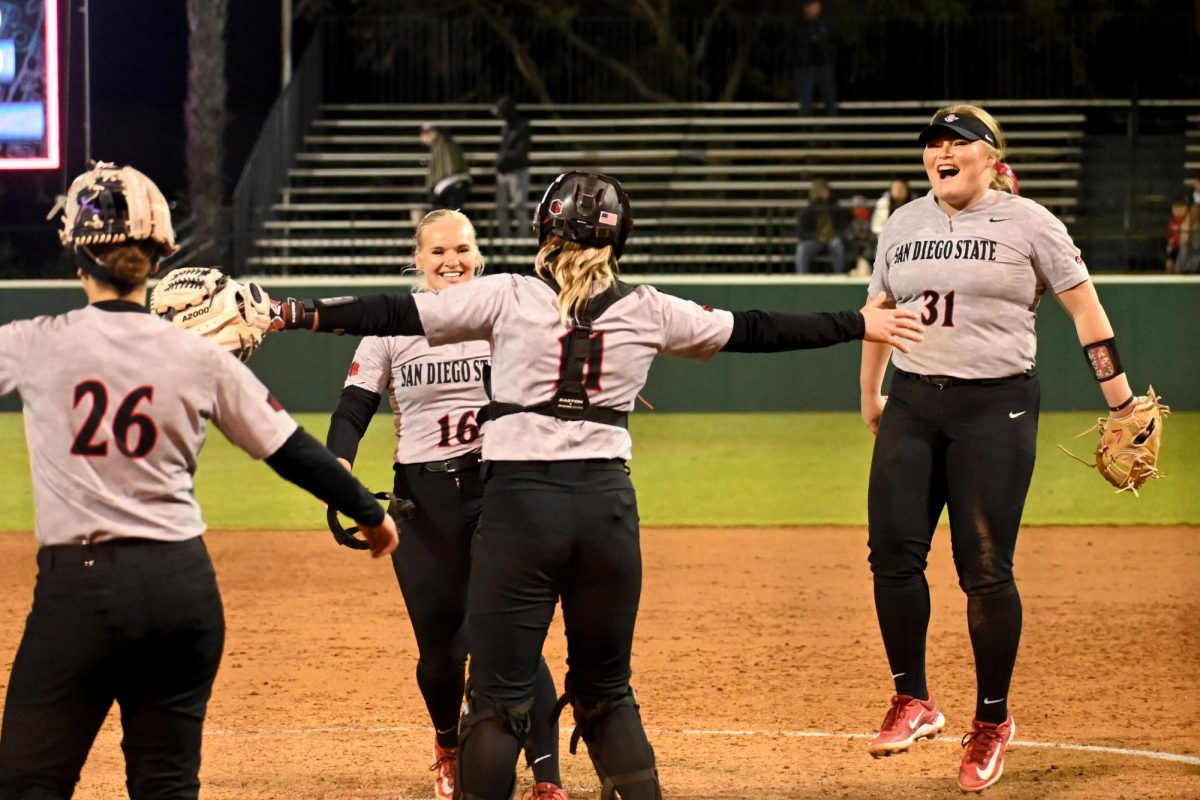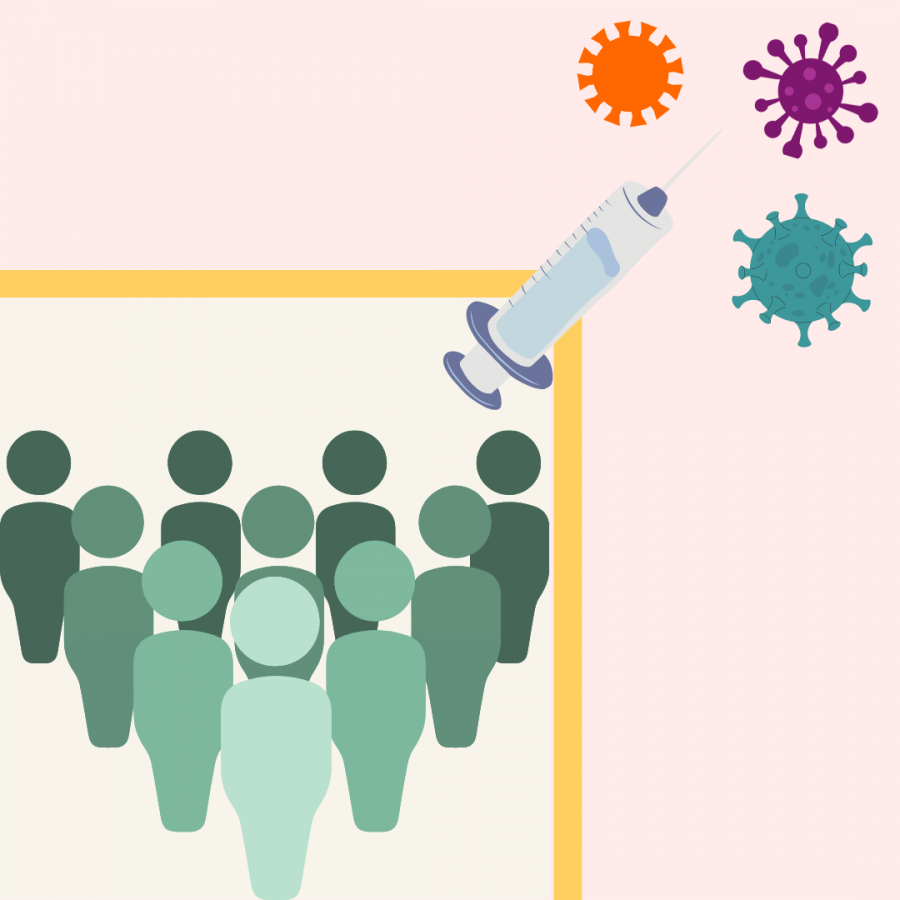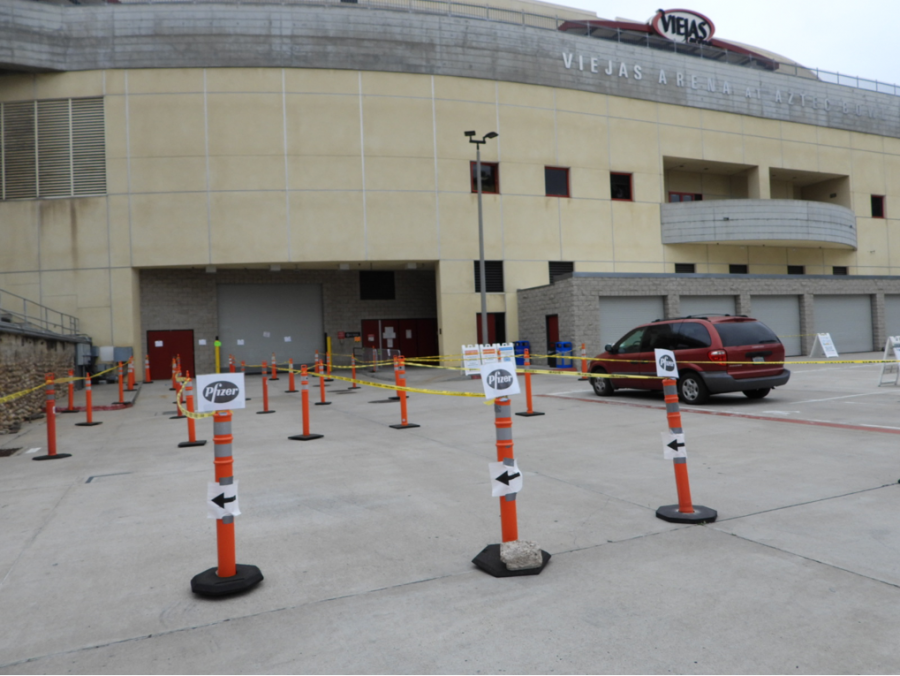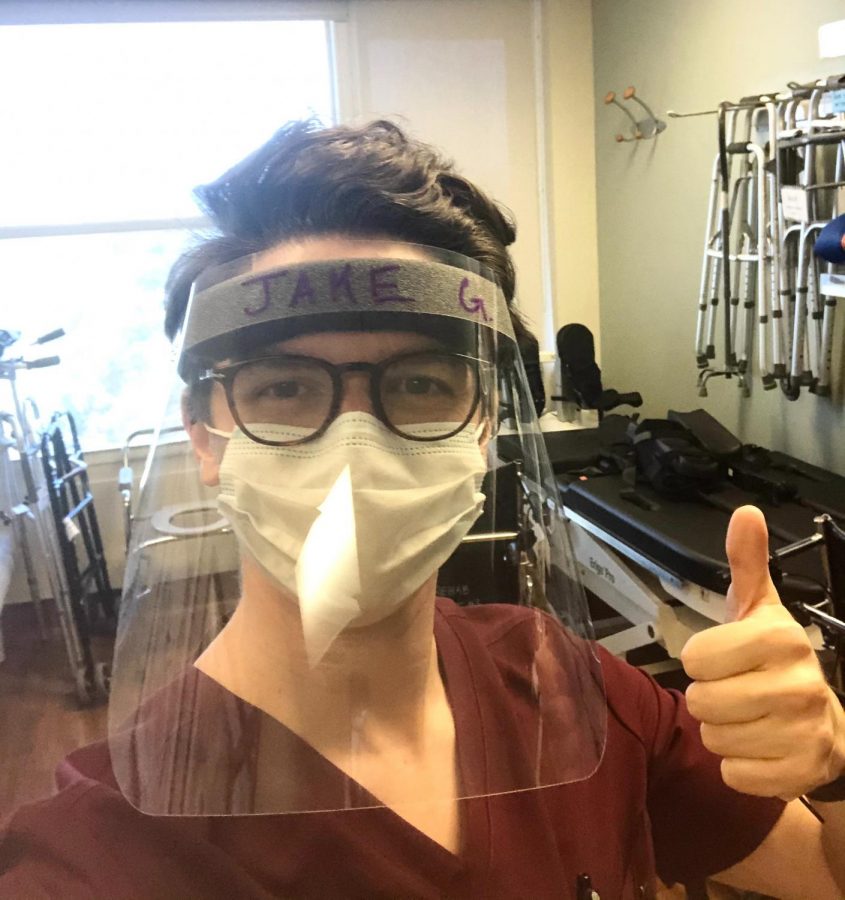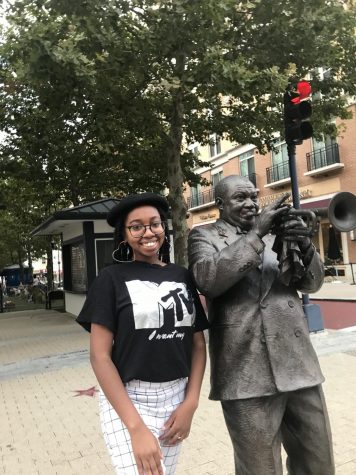I went to San Francisco for the first time ever in my life earlier this year.
It was something I had dreamt about since I was a toddler. From early on, I had my heart set on the city and knew I would love it whenever I was to step foot in the Bay Area. All of this turned out to be true and I cherished the trip from beginning to end as if it were the last trip I would take.
I had no idea it would actually be my last trip for a while, due to the tempestuous coronavirus pandemic.
As the unceasing virus continues to spread – in some states more severely than others – people, including myself, are wondering this: is it safe to fly?
We are on the verge of a new era in travel. The future of how we utilize transportation to get from one destination to another will look different and inevitably, flying will not be the same as it was this time last year.
Whether we are here for it or not, we are being forced to quickly adapt to a new normal. As someone who frequently travels bicoastally, I am quite nervous about what could become of the changes we will see when flying.
Traveling by plane requires a lot of time in security lines, airport terminals and just being in contact with people who may or may not be boarding your flight. You end up coming into contact with frequently touched surfaces whether it be in restrooms, food spots, at the gate or other places we don’t even think about.
U.S. airlines are some of the hardest-hit businesses grappling with plummeting passenger numbers and increasing costs. Passenger numbers are down 95% this year compared to last year. However, even with this decrease in passengers, airlines are still taking precautionary measures to promote an overall safe experience.
JetBlue was the first airline to require all passengers to wear face masks during check-in, boarding and the entire duration of a flight. Most of the other major airlines followed suit, ultimately heeding the U.S. Centers for Disease Control’s initial mask-wearing recommendations.
Delta not only restricts passengers from occupying the middle seats but they also limit the number of passengers on a plane.
United has touchless kiosks for passengers to use when checking in luggage and was the first major airline to aggressively put a cap on the number of passengers permitted on a plane.
Frontier started temperature screenings of all passengers and customers as of July 1.
Southwest suspended complimentary in-flight snacks and beverage services.
As a result of COVID-19, over 50 percent of travelers desire the option to cancel a trip or change the date after booking a flight reservation with a minimum penalty and deem this most important when making plans to travel. Around this time of year, flight reservations are usually at a peak but because of the pandemic, they are down about 30 percent.
Flexibility is something that frequent flyers require of their trustworthy airlines and because of COVID-19, airlines have adjusted their refund and cancellation policies in an unprecedented way.
Delta is authorizing passengers to rebook, cancel and change their flight reservations for up to two years while Southwest has expanded the normal timeline for passengers to change or cancel their bookings, enabling them the option to claim credit on canceled flights for up to two years.
Needless to say, it broke my heart to request refunds from flight reservations and cancel my anticipated trips this summer one by one but it is all in the name of safety. It is comforting to know that I am not alone and that airlines are doing all they can to still keep safety a priority in the midst of this crisis.
Trinity Bland is a junior studying television, film and media.




